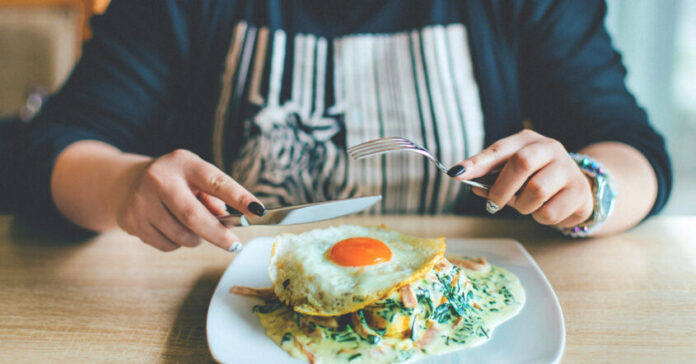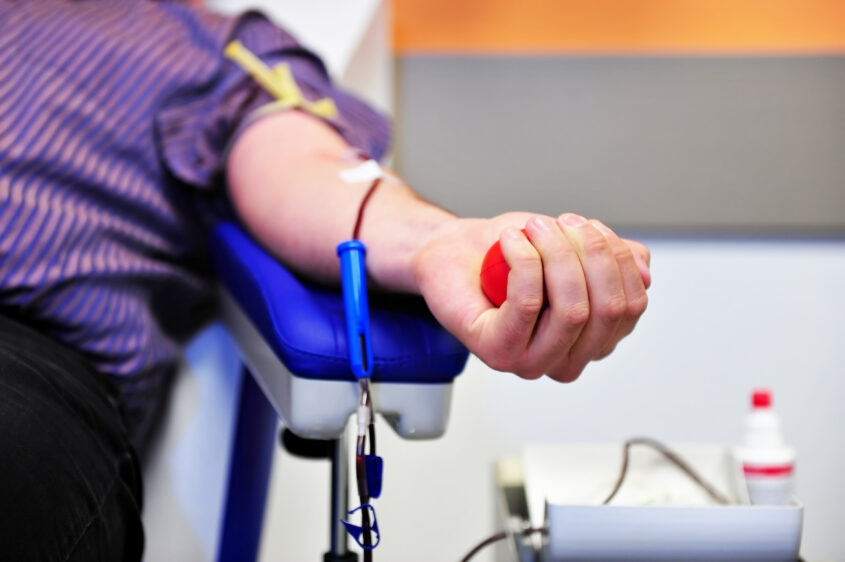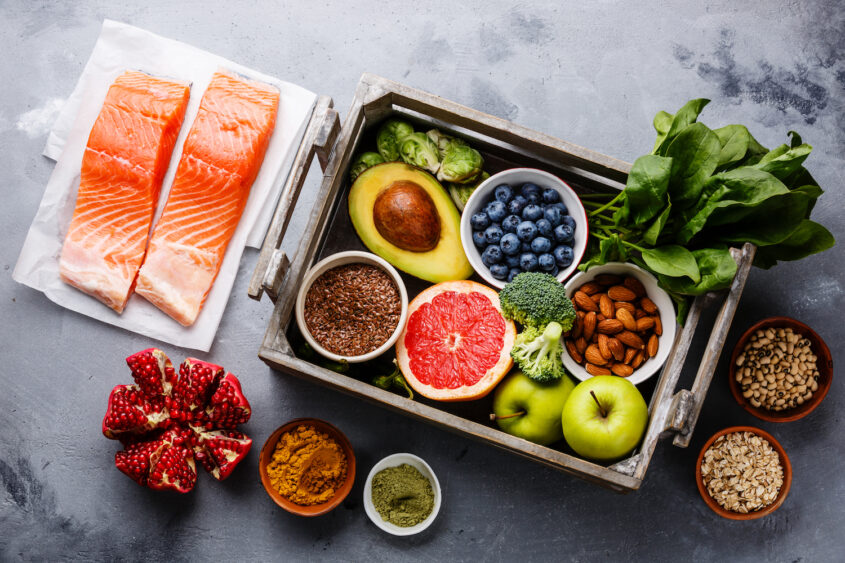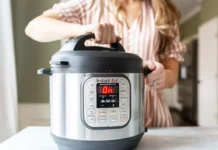
If you’ve ever been sick, you probably had some blood tests done and you know there are some rules you have to follow before and after giving blood. There are different rules if you are giving blood for analyses or if you are a blood donor.
For analyses you shouldn’t eat or drink anything except water, 12 hours before. It would be best if you could avoid heavy physical activities 24 hours before donation and try to sleep well the night before. Take a snack or something with you, so you can eat right after.
What should you know about blood donation

There are certain things you should know and keep in mind before you decide to donate. It is a very noble thing to do; it is very easy and safe if you prepare yourself and your body in the right way. Blood is a necessity, there is no substitute for it; someone in the world needs it every two seconds and one unit of blood, which you give in one donation, can save up to three lives. If you give blood on a regular basis you can save about a thousand lives. According to AICA Orthopedics, a person with a serious trauma, like a car crash can require up to 50 units of blood, patients undergoing leukemia treatments require up to 8 units per week, and a heart surgery requires up to 5 units.
Blood plasma can be turned into 18 different life saving treatments. You have about ten units in your body, so giving just one won’t affect you in any way, and you will replace the lost plasma in 24 hours, about four weeks will take to restore lost blood cells and eight weeks to restore the lost iron. And the most important thing is that you won’t feel any of this. By donating, you are not just saving lives, but it has been proven that regular donations help reduce thickness of your blood and allows it to flow more easily throughout your body. Every unit undergoes 13 tests, and 11 of them are for infectious diseases. If any of these tests come back positive, someone will call you and inform you about something you would otherwise been unaware of or maybe find out too late. You also get a mini physical before the donation which includes checking your blood pressure and iron levels. You should know that there is no chance of getting any infectious disease by donating blood.

The actual donation usually lasts about 10 minutes, and the entire process, from the time you sign in to the moment you leave takes about an hour. An hour of your time is all it takes to save a life. So you can’t say you don’t have enough time. The process in painless, so there is nothing to be afraid of, and if you are scared of needles just look the other way. It would be best if you could bring someone with you, two donations are better than one and you will have support throughout the entire process.
If you think you can’t donate because of tattoos you have, you are wrong. Only a few months have to pass after getting a tattoo and you can freely donate.
What to do before giving blood

If you are donating, there are similar but a bit different rules for this. Try to eat food rich in iron a few days before. Food rich in iron includes: fish, spinach, beans, red meat, chicken, eggs, cereals and raisins and also include food rich in vitamin C, because it will help you absorb iron. Food rich in vitamin C is oranges, tomatoes, kiwi, red pepper, berries… This will help you store extra Iron in your body, so you can produce more hemoglobin after. Another important thing is to avoid or reduce the intake of dairies or any food rich in Calcium, because it inhibits absorption of iron. Food rich in calcium is: milk, yogurt, cheese, almonds, broccoli, salmon, sardines… other food that blocks iron is and should be avoided is: coffee, tea, red wine, chocolate… This doesn’t mean you should stop eating any food on a regular basis, just a few days before. Remember to drink a lot of water and sleep well the night before. Avoid heavy physical activates for at least 48 hours before donating. If you are donating platelets don’t take Asprin or any pain medication that start with the letter A, because they inhibit blood clotting. If you can, avoid all unnecessary medications in the days before any blood donation.

On the day you’re giving blood, you should drink extra fluids (no alcohol!) it would be best to drink 2 cups of water and eat a healthy meal. No fast food, sweets or food rich in fats. Also remember to wear a shirt that has no sleeves or a shirt with sleeves that roll up easily.
What should you do after blood donation
After giving blood, keep the bandage on for about 4 hours. If you are a smoker try not to smoke for at least 2 hours after. Avoid heavy physical activity during that day and keep drinking lots of water and try not to drink alcohol that day.
Also, you should keep the same dieting regime for at least a day or two as you did in the days before. So, once again, eat food rich in iron and vitamin C and reduce the intake of calcium. The important thing is to eat healthy and be proud of yourself. You just gave a piece of yourself and possible saved a life, and by following the protocols and rules of blood donation you did a good thing to your body as well.











